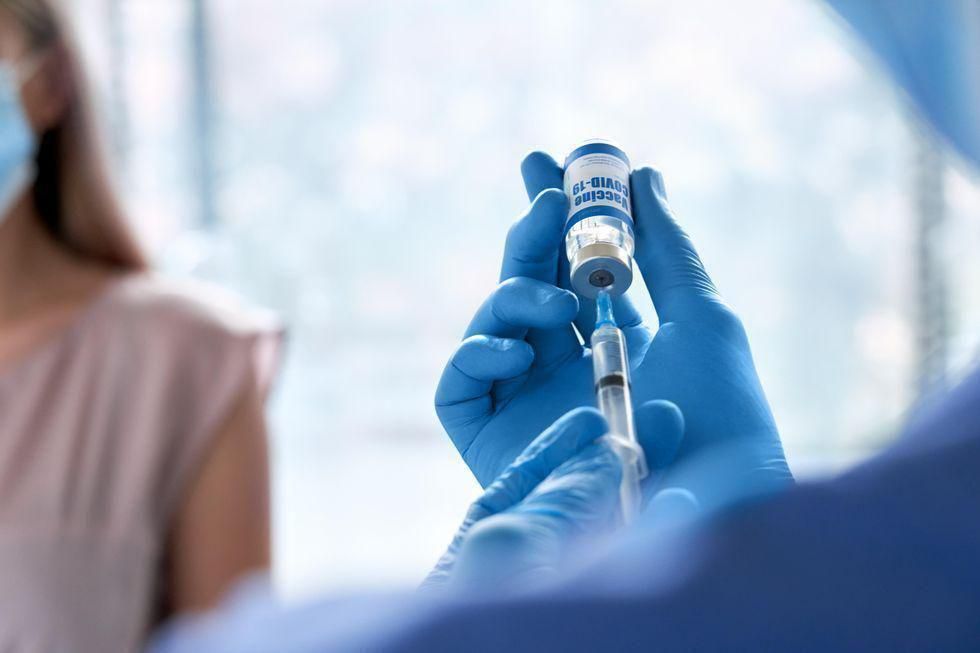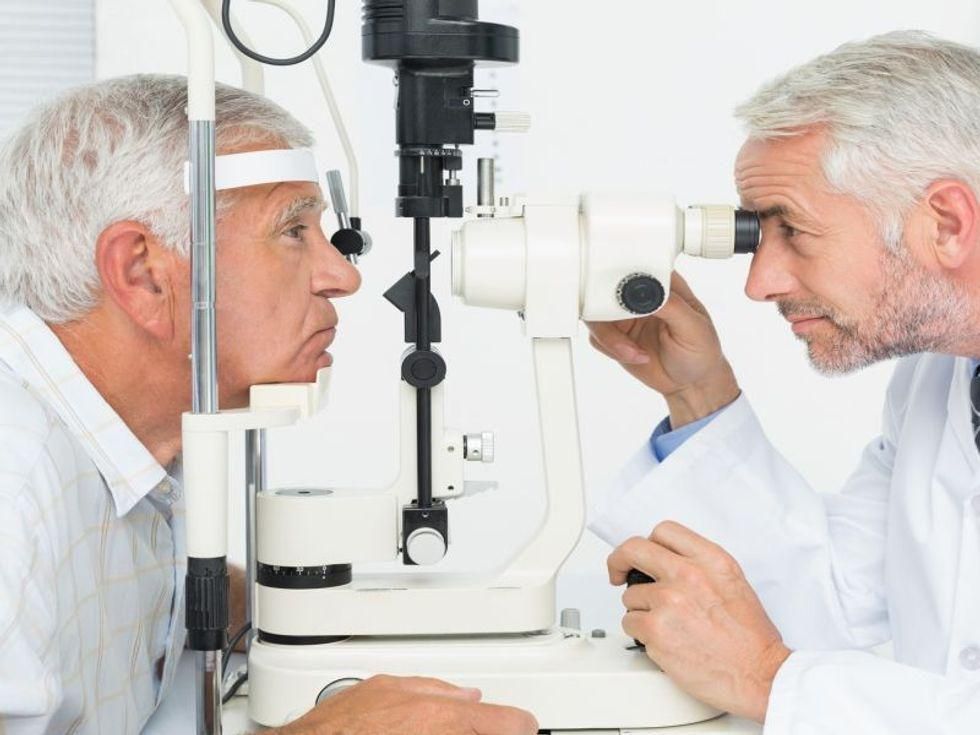
The pandemic has intensified mental health struggles that were already widespread among American teens, U.S. Surgeon General Dr. Vivek Murthy warned Tuesday. The pandemic and other major issues faced by their generation are causing “devastating” mental health effects in young people, he warned in a new report. Emergency room visits for suicide attempts by adolescent… read on > read on >


















